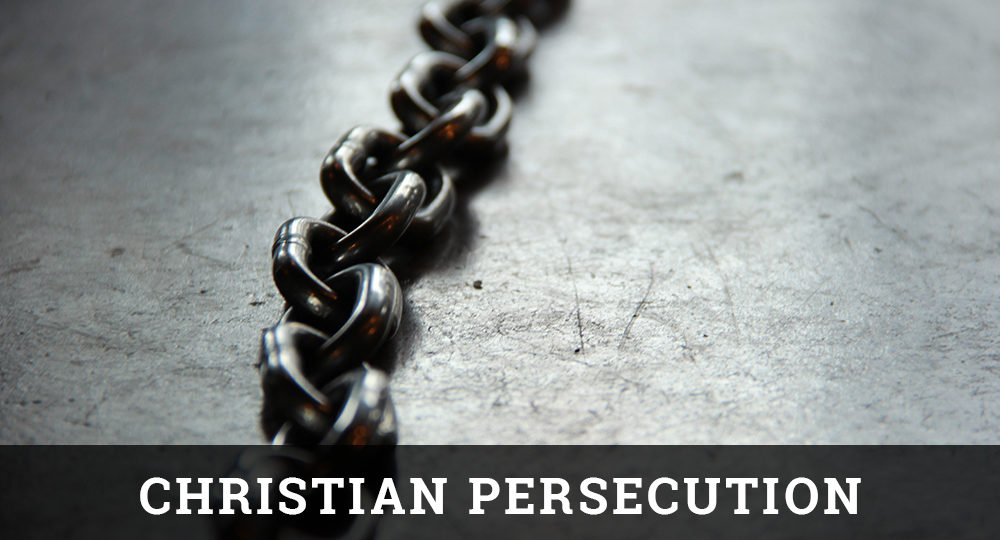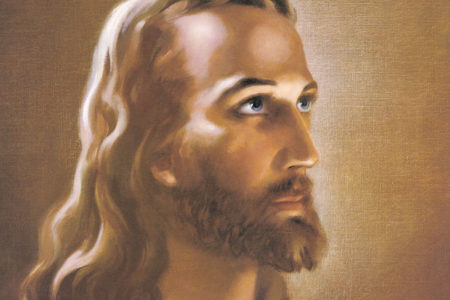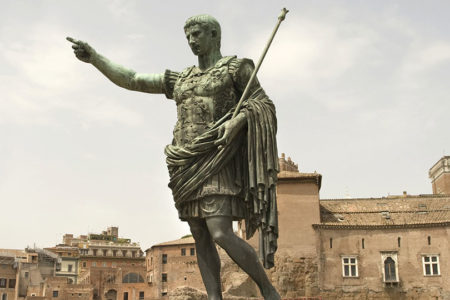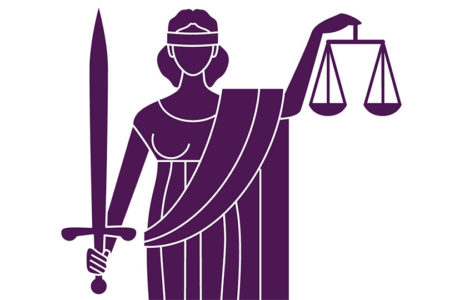They Cry in Silence Nov/Dec 2015
MEXICO—“We’ve never heard of this before.” “I can’t believe this is happening.” “We’ve been working on issues in Mexico for years, and this is the first time anyone has brought this up.”
For nearly three straight days, these were the responses members of International Christian Concern (ICC) heard in meeting after meeting on Capitol Hill in Washington, DC, as they began to tell the story of persecution in Mexico.
Despite the fact that hundreds, perhaps even thousands, of Christians each year face their utilities being cut off, their lands seized, physical and sexual assault, and eventually forced displacement from their homes because of their faith, persecution in Mexico is something only a relatively few people know about.
The persecution often happens in remote areas, and the news media is disinterested in reporting on it. So ICC has launched a targeted effort to make key members of Congress aware of a story that has been left untold.
Conservatively, ICC estimates there are at least 70 cases of religious persecution, each involving 20 to 100 individuals in just the five states of Chiapas, Hidalgo, Oaxaca, Puebla, and Guerrero. These figures only represent cases that state governments are willing to admit exist; the actual number is likely far higher.
In nearly every case, persecution begins when local leaders decide too many members of a village have become Christians and they would either have to reconvert or begin contributing financially to religious festivals. When members of the minority refuse, a series of persecutions begins that can last for weeks, months, or even years.
First, water and electricity are cut off . Then children in the Christian community are barred from attending school, and families are blocked from public cemeteries, leaving them nowhere to bury their loved ones.
Eventually, if the Christian community doesn’t succumb to the pressure and the government doesn’t intervene —which it usually does not— the death threats and physical attacks begin. The end result is forced displacement.
The Christians flee, often taking only what they can carry with them. Their land is seized, and their homes are confiscated or destroyed.
Mayor Pedro Cruz Gonzalez of the San Juan Ozolotepec municipality heads the list of violators after forcibly barring some Christians from their church building and later ordering the church to be bulldozed. A year later, Gonzalez stripped 50 Christian families of the right to vote.
Religious persecution is now considered one of the major factors behind displacement in Mexico.
ICC prepared as much evidence as possible to present on Capitol Hill, knowing it would be an uphill battle to demonstrate just how severe and widespread is the persecution taking place in America’s backyard. From photos of jailed believers to testimony from persecuted families to copies of agreements actually signed by state and local government leaders forcing Christians to pay fines and hide their faith in their homes, ICC made sure there was little room left for disputing the facts.
To try to help the brethren in Mexico, ICC has started a grassroots campaign and produced a petition with 2,500 signatures so far, calling on the Mexican government to protect its Christian communities. ICC also is asking supporters to call the Mexican embassy in Washington to protest what is taking place. It also has launched a social media campaign on Twitter and Facebook in Spanish and English.
For more information, go to tinyurl.com/ICC23meX.
by International Christian Concern (persecution.org)








